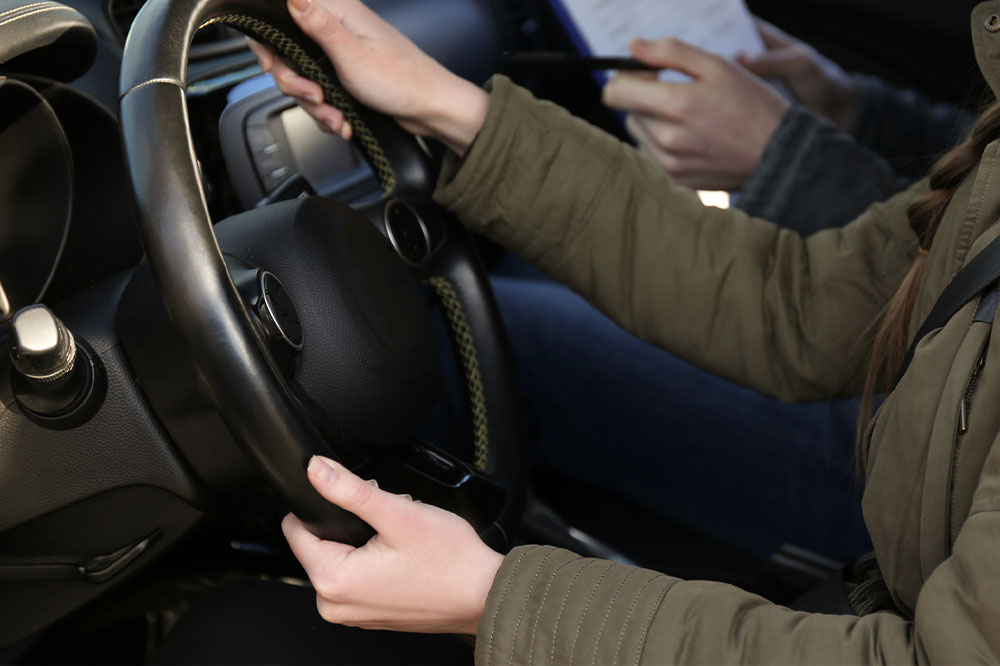6 tips to become a better driver

Whether it’s commuting to school or work, buying groceries, or heading out for a road trip, driving is an essential part of most of our daily lives. Being a good driver isn’t about making high-speed turns or drifts, as may be shown in movies. Instead, it is all about ensuring a safe experience and reducing the risk of any last-minute maneuvers. Here are six ways in which you can become a better and safer driver:
Maintain adequate space with the vehicle in front of you
Maintain a gap between your car and the vehicle in front of you. In case you need to hit the brakes in an emergency, this gap may help reduce the risk of a collision.
Adjust your mirrors properly
Align your mirrors in the optimal position. Get into the driver’s seat and adjust your side mirrors such that you maximize the field of vision and reduce blind spots. To adjust your rearview mirror, sit up straight in the driver’s seat and use the rear window as a guide to center it. Once your mirrors are adjusted, make it a habit to glance at them every 5-10 seconds.
Check your mirrors before changing lanes
Before changing lanes, put on your turn signal. Then, check all three mirrors to get a better glimpse of the vehicles around you; scan your mirrors and wait for a spot to open up. Check your blind spot and then switch lanes when you have enough room to do so.
Practice parallel parking
Many drivers struggle with this skill. Choose an hour likely to see less road traffic and head to an empty parking lot. Then, place two traffic cones to mark the space your car will require and try parking within it. Practice your parallel parking skills in this way so you can gradually improve it.
Maintain the appropriate speed
You may be driving too fast even if you aren’t near the speed limit. Factor in conditions like road conditions, traffic, weather, and visibility while driving. This will help you drive safer.
Don’t weave between lanes
During traffic hours, some drivers may jump between lanes to gain an advantage. However, most lanes generally move at the same speed. Weaving between lanes can cause traffic to slow down further and increase the chances of accidents.



